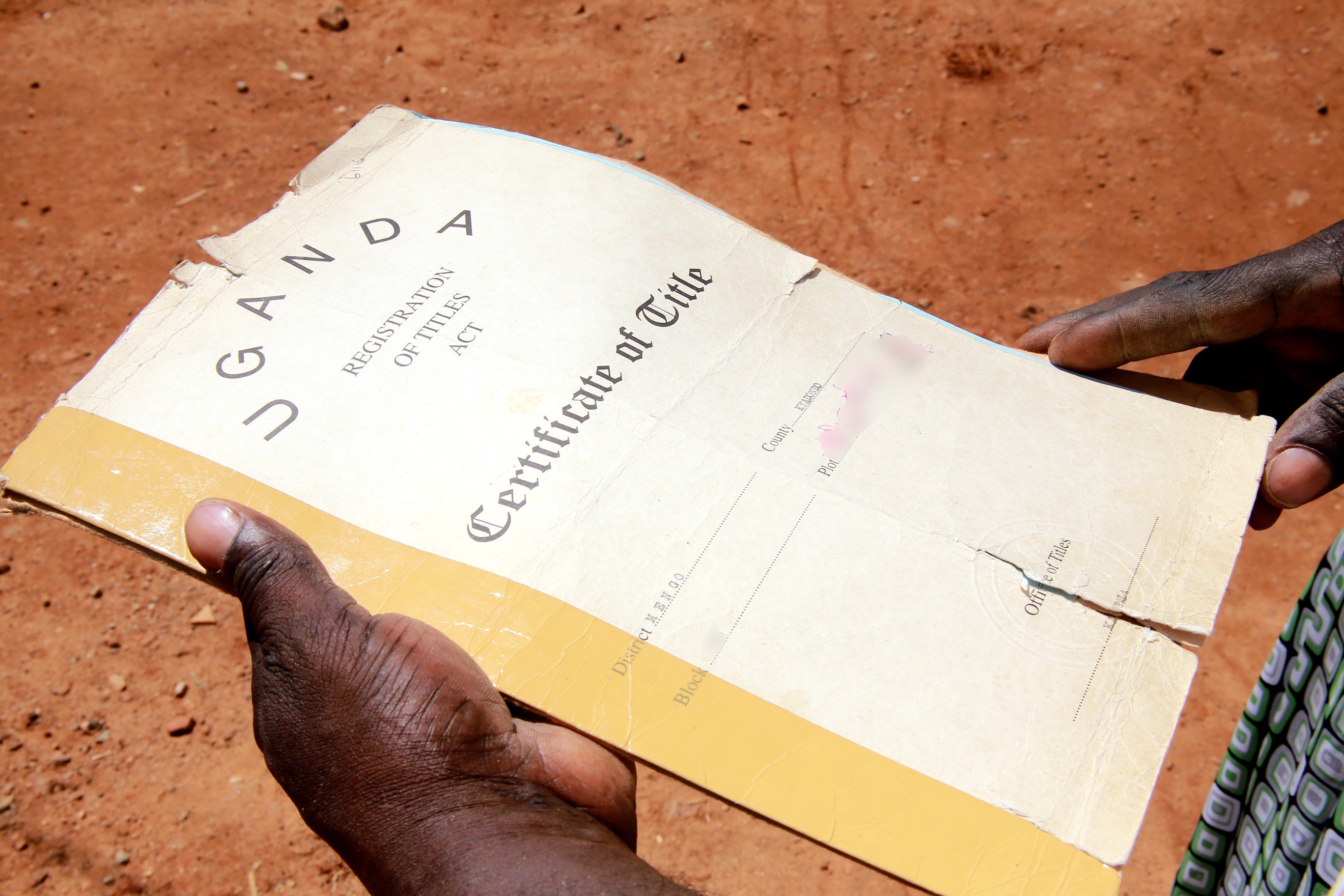Can proposed electoral amendments catalyse broader political reforms?

About 20 years ago, when politicians were civil to one another and voters less polarised than they are today, the absence of formal assurances for free and fair elections didn’t seem to matter much. In any case, Uganda was under a ‘movement’ political system then, and we all shared the same umbrella whenever it rained elections.
With the shift to multiparty politics came a hazy glare of hyper-partisanship and polarisation. It drove higher ennui among some sections. Elections became inanely competitive, not because those who ran for office had diverse ideas, but because many saw elections as a fair gateway to affluence and influence.
Today, some comfortably mortgage their property, procure loans, tell lies, steal, and invest in witchcraft to win political seats. These are not desperate times calling for desperate measures; but we have got an ilk of desperate people doing desperate things in the name of earning a title before their name.
While some deserve those titles, others have generally vulgarised them. One wonders why we pay a lot of attention to politicians. It is simply because they are (supposed to be) ‘important’ people. They lead or mislead us! But we too (the electorate), occasionally mislead them, especially when we ‘elect’ them into leadership offices well knowing they just can’t do the job.
Unless we agree to change, the system that currently pertains is one where tricksters and decent people are filtered through a process called elections. Of course tricksters would never want to be subjected to a sieve – because they would never pass the test under normal circumstances.
Unfortunately, these are abnormal circumstances that we are talking about.
Being the tricksters they are, some politicians have resorted to ensuring that the sieve holes are large enough to carry each of them through. Some use money; others leverage threats, violence and intimidation. Some simply exploit gaps in our legal system; and others blatantly disregard the law. And this is why there’s need for a continuous framework for reforming the electoral laws and administration, not just once in a while but all the time.
Government last week finally tabled the amendments to the electoral laws. From a quick look, the amendments look progressive in nature. Ugandans have always wanted laws to streamline political campaigning, reduce the influence of (bad) money in elections as well as laws to facilitate transparent (electronic) transmission of election results.
Given the circumstances, the proposed Electoral Reform Committee that is charged with studying and recommending concrete proposals for electoral reforms could, in fact, respond to the usual concerns of delayed or lack of electoral reforms – in electoral cycles. It could also play a role in synthesizing background content for reforms.
Technically, some of the amendments cast a glimmer of hope. The lingering question however is; where are the broader contextual (constitutional) reforms upon which the tabled amendments would be anchored? Shouldn’t the conversation around the amendments be happening within a context of a constitutional review or better still a national dialogue?
Even as we debate elections and laws, let’s proceed cautiously. It is safe to be reminded that, many times it is not just the lack of laws that is a problem but rather the absence of practical and proper enforcement of even the laws that are available.
The amendments before Parliament provide a fair cue to a meaningful public conversation on the sort of elections Uganda has had over the past years vis-à-vis the kind of elections Ugandans aspire to have in the future.
This should be the time for citizens to engage with the electoral reform process – not as a way of legitimising or delegitimising the amendments presented by government, but genuinely seeking to increase the scope and meaningfulness of the conversation around political reform, generally. Despite the past frustrations that have often times gaffed such processes, I will choose to remain optimistic. I hope something good comes out of this process – which is now before us. May be!
The writer is coordinator CCEDU
[email protected]




